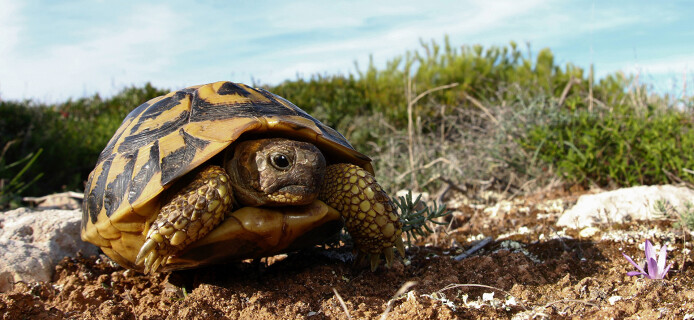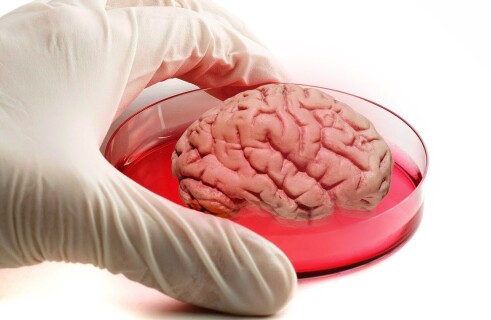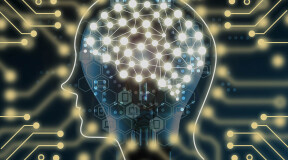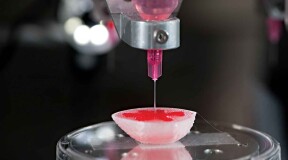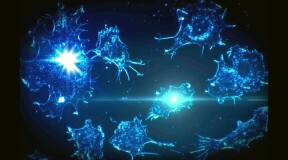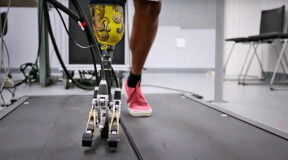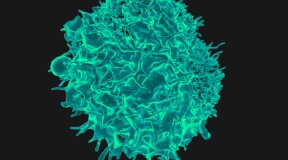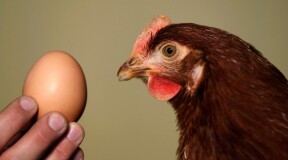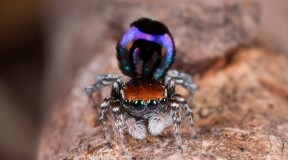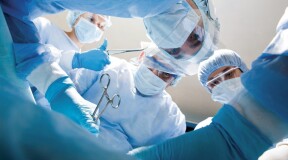-
en

Med & Bio - page 7
3D printing will help bald people get their hair back
Intestinal bacteria to save the world from food allergies
‘Electronic tattoos’ will help people with cardiovascular diseases
Controlling a robotic hand with your mind? This is finally possible!
Researcher print an organ without using a frame
ZAPS laser that kills cancer right through the skin
396 Drugs and Treatment Methods
Prosthetic Limb Perfectly Emulating Foot Structure Developed at Stanford University
Texas scientists make breakthrough in immune system research
Hens Are Happy: Scientists Find Protein Substitute for Eggs
Researchers Explain the Secret of Male Peacock Spider Coloration
Hydrogel to Stop Arterial Bleeding

